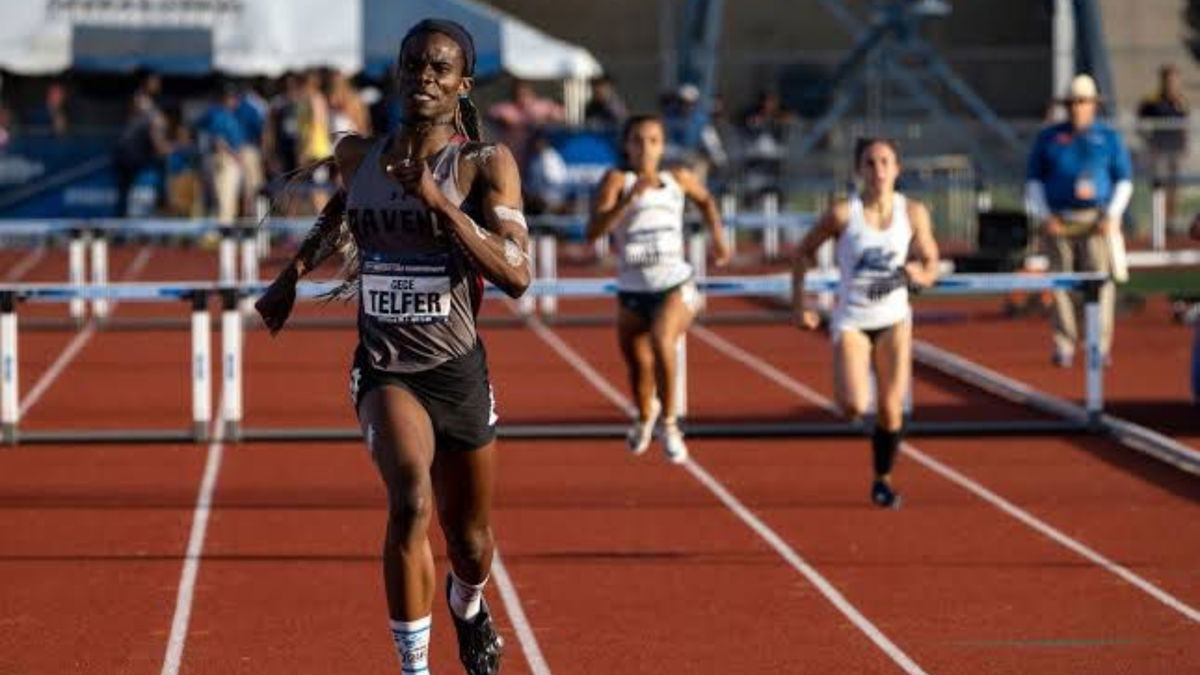

The Hayward Field in Eugene, Oregon, has a near-mythical status for the Olympic hopefuls. After all, from 2008 to 2024, the field has been the stage for track and field trials for Team USA. Everyone from Justin Gatlin to Noah Lyles to Quincy Wilson had to go through these runs to get a place in history. From historic sprints to emotional send-offs, it held the heartbeat of American track and field. But as the countdown begins toward the 2028 Olympics, there’s one burning question: Will Hayward Field still be the venue for track and field for the LA Olympics?
Watch What’s Trending Now!
In 2008, the newly renovated Hayward welcomed back the Trials in style — complete with a massive new scoreboard and top-tier facilities (permanent lights came a year earlier in 2007). This was the same ground that opened back in 1919, shaped by the legacy of the legendary Bill Hayward himself. Since then, it’s hosted every Trial — five straight editions — each blending innovation with deep tradition. But what about hosting the Olympic Games?
But here’s where things get interesting. According to a June 24, 2024, USA Today article, LA28 organizers — namely USA Track & Field CEO Max Siegel and LA28 Chair Casey Wasserman — are flipping the script. At the 2028 Olympics, track and field will kick off the Games, pushing swimming to the end. Why the change?
ADVERTISEMENT
Most probably, it is due to logistics and strategy. The opening ceremony is set to be at the SoFi Stadium, the hallowed halls of the Los Angeles Rams. But what about swimming? Well, they will follow suit. But they will transform the SoFi into a temporary pool. All in all, 38,000 of its capacity. As for the track and field events? They will return to their historic home at the Los Angeles Memorial Coliseum, as confirmed by the official website of the LA Olympics on April 15. “In 2028, it (Los Angeles Memorial Coliseum) will become the first venue in history to host the Track and Field competitions and the Opening Ceremony in three Olympic Games, ” read the official announcement.
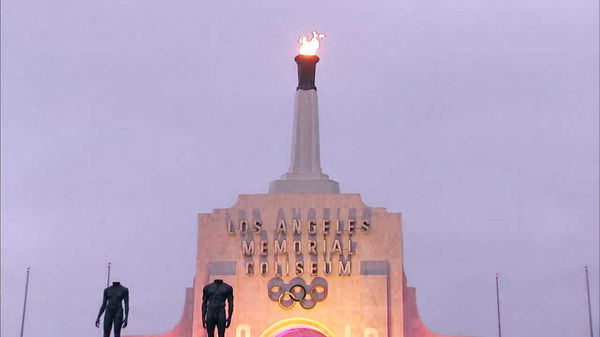
ADVERTISEMENT
The same place that witnessed Bill Carr breaking the 400m world record at that time with a 46.2-second run, and Carl Lewis did his double in 1984. But here’s the catch: The Coliseum doesn’t currently have a track, according to an update shared last year. Not since an earthquake in 1994. And building a temporary one? Wasserman calls it “the most expensive and complicated thing we have to build.” Translation: It may need some more time to be fully constructed for the Olympics. You’d think the logical fallback would be the tried-and-true Hayward Field. But it’s not that simple.
ADVERTISEMENT
Athletes have already raised red flags. Sprinter Kenny Bednarek was vocal ahead of the 2024 Trials, slamming the high costs of getting to Eugene: “The cost to fly and accommodate my team at the trials and Olympics is pretty wild. Prices are jacked up,” he posted on X. Add that to Eugene’s limited hotel capacity and higher travel expenses, and it’s easy to see why officials are considering Los Angeles Memorial Coliseum. But let’s be real!
No city loves track like Eugene. The fanbase? Electric. The history? Unmatched. The vibe? Pure track magic. So while Hayward Field has delivered every time, blending cutting-edge design with the soul of legends, the winds of change are swirling. But also, wouldn’t the decision create pressure on the resources?
Top Stories
Scottie Scheffler Faces Scrutiny After Taking Out Anger on Golf Club at WM Phoenix Open: ‘Washed’

Jordan Spieth Throws Bizarre Temper Tantrum as Opening Round at WM Phoenix Open Becomes a Challenge

Rob Gronkowski Demands Severe Punishment for Andy Reid After Bill Belichick Snub
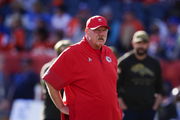
PGA Tour Split Into Two as Scottie Scheffler Confirms Stance on Patrick Reed’s Return

Rickie Fowler Fans Demand Answers Following ESPN’s Controversial WM Phoenix Open Decision
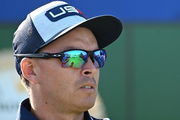
Drake Maye Reveals Shoulder Injury Update as Patriots QB Announces News On Super Bowl Availability

ADVERTISEMENT
The track and field decision might put added pressure
The world will be watching when the 2028 Olympics return to Los Angeles — but before the torch is even lit, there’s smoke rising from the city’s books. According to a CNBC: The Bottom Line report published on March 29, L.A. is probably staring down the barrel of a $1 billion budget shortfall.
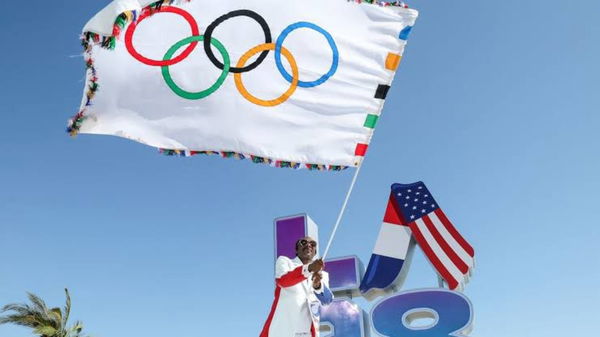
ADVERTISEMENT
A letter from City Controller Kenneth Mejia to Mayor Karen Bass and the City Council didn’t sugarcoat it: rising expenses, slowing revenues — the city’s financial footing is looking shaky. And that’s where the Olympics come storming into the conversation. The LA28 Organizing Committee — a private nonprofit running the Games — is operating with a $6.9 billion budget, fueled by the IOC, sponsorships, and media deals. Sounds solid, right?
Well, maybe not! If LA28 hits any financial roadblocks between now and 2028, the City of Los Angeles is on the hook for up to $270 million. Not to mention, LA itself is juggling a budget crisis, and the Olympics could potentially drain hundreds of millions from city reserves. But the real question is, will constructing a temporary track in a different stadium fix things or just patch over deeper cracks?
ADVERTISEMENT
At a time when L.A. is already financially stretched, the pressure is on for every Olympic-related decision to be both cost-effective and publicly defensible. So, while the venue for the track and field has been set, the real marathon is just beginning.
ADVERTISEMENT
ADVERTISEMENT
ADVERTISEMENT